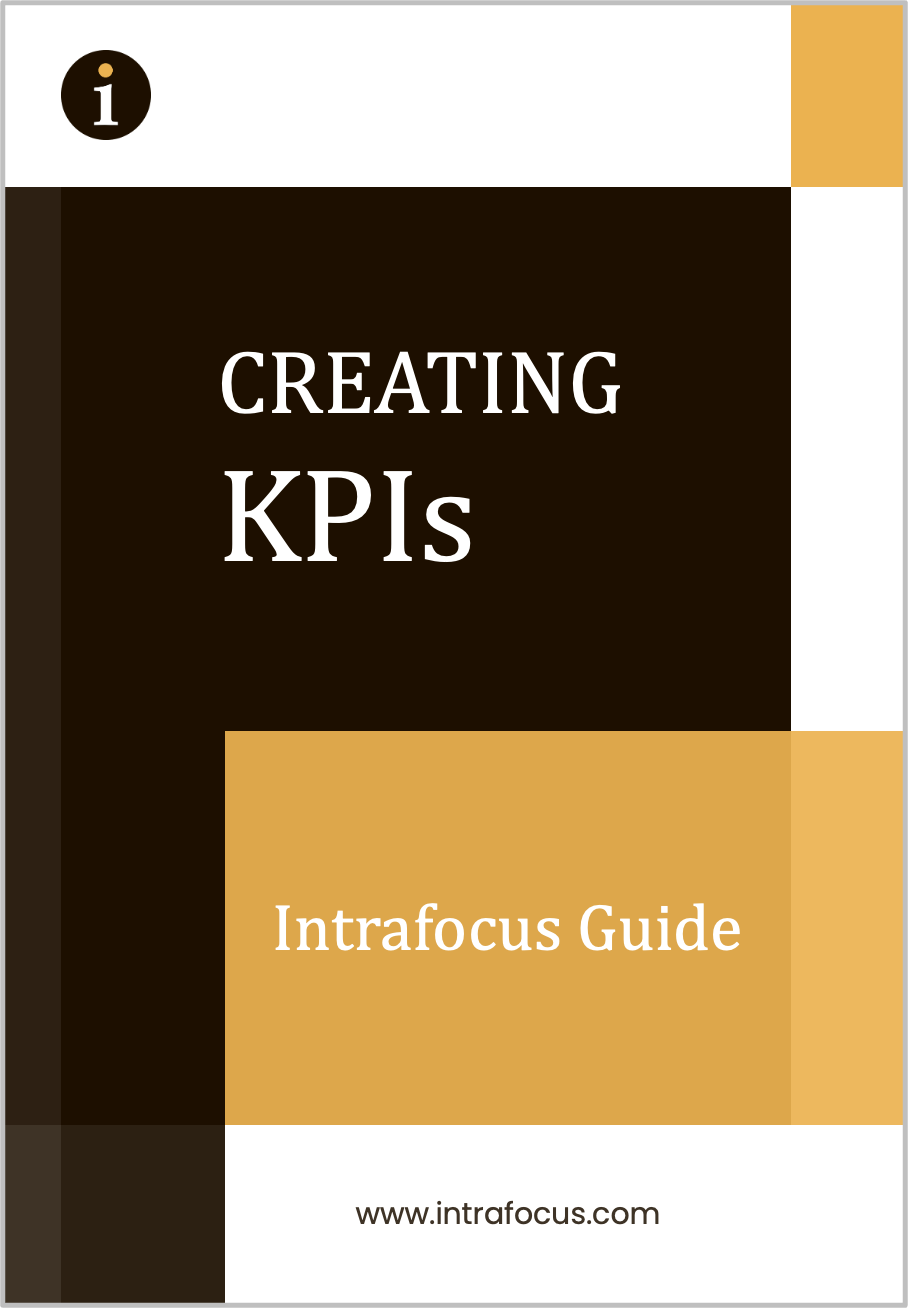The Focused Organisation – To develop and deliver a successful business strategy, we need to focus. When asked what made them successful in their field, Bill Gates and Warren Buffet said, ‘focus’.
Yes, we need a strategy system, the right KPI choices, appropriate measures and the right business owners. But without the necessary level of focus, our efforts are doomed to failure. We end up like headless chickens, running around, trying to do everything – regardless of its importance!
One of the main reasons organisational strategy and strategic initiatives fail is that the people involved can’t focus. And the challenges with focus seem to be intensifying as our lives become busier, faster, noisier and more technology-driven.
The issues aren’t driven by competing factors outside of work either. Quite the opposite! Often these distractions are within the organisation and created under the guise of making things easier. Let’s take a look at some examples:
- Daily news bulletins that aggregate news from different sources
- Professional development emails with the latest job postings
- Productivity apps, timers, digital coaches and alerts
- Social media (including LinkedIn)
- Email and phone alerts (not to mention spontaneous meetings, people arriving at your desk, other people’s meetings etc.)
The cost of distractions
Estimations suggest that around 35% of employee time at work is spent on unplanned activities – such as unexpected work requests or firefighting. This situation is only made worse by the time it takes to refocus on what was being done beforehand, regroup, and get back on track once again. Productivity isn’t something that we can snap in and out of at a minute’s notice. But we must master it. Otherwise, our entire organisation loses more than a third of its productive time every day.
The benefits of focus
Focus is the gateway skill that leads to all quality thinking, memory, learning, reasoning, creating, perceiving and problem-solving. When we focus, we get the job done in a high-quality way. We stop wasting time. We come up with better ideas. We serve customers better. We create better solutions. But it’s hard to master, especially if we don’t have strategies in place to manage distractions.
What causes this lack of business focus?
As with most issues across any organisation, ‘distraction culture’ is enabled by senior management. We see this particularly when business leaders haven’t bought into strategic priorities. They may not wholly understand them, may not personally support them, and their performance (and bonuses!) may be assessed and awarded against other measures entirely. Often, people feel validated by simply appearing to be busy and in possession of huge ‘to do’ lists.
Author of The Focused Organisation and Chairman of the Board Project Management INstitute, Antonio Nieto-Rodriguez, has researched this field through a series of workshops with senior managers. Each manager was asked to note the top three strategic initiatives of their organisation. Most participants wrote down their personal objectives and initiatives, or more than three that they believed to be ‘key’.
Leaders in the focused organisation
It’s no surprise that if senior managers don’t understand what truly constitutes a key priority, they cannot set this expectation amongst their employees. Nieto-Rodriguez concluded that the CEO could drive this dispersed focus. After all, it’s not uncommon for CEOs to pressure their leaders for rapid results, usually driven by rapidly turning around large volumes of low-kevel initiatives.
Big change takes time…
This very much ties in with the tendency towards showing ‘lots of rapid wins’ in the belief that this will lead to success, rather than truly investing in the big, slow-burner wins that take time, effort, concerted organisational-wide and cooperation to achieve. These strategic wins usually involve high investment, slower progress and sometimes, true step-changes to how the business operates. Their success relies on confident and steady leadership – leadership that can stay the course and not become distracted by the ‘sparkly baubles’ of easy wins. Only then can the message around strategic priorities filter down across the entire organisation.
Are humans naturally focused?
Perhaps unsurprisingly, the answer seems to be no! Psychologists from Harvard University found that our minds wander around 47% of the time on any job. Even the researchers, Matthew A. Killingsworth and Daniel T. Gilbert, were surprised by the results, finding that a ‘wandering mind was not a happy one’. And the cycle can become perpetuating, as an unhappy employee will naturally perform less well than a happy employee. When the organisation cannot focus, this reinforces the tendency towards wandering minds and a further decline in performance.
How can we build organisational focus?
Building organisational focus takes time, consistency, understanding and effort. Much of it will be guided by the ‘shadow of the leader’. This means that business leaders must work hard to remain focused and use tools and techniques that reinforce this focus. Discipline and order are vital here. Steve Jobs always believed that Apple’s success would happen as the result of being a highly focused company. And he did this by cancelling more than 300 projects when he returned.
Build the right environment
Help your employees to become more focused. Take away the expectation that people should work consistently. Encourage short bursts of high focus work with breaks and creative breakout areas. Create an office space with different environments to suit different working styles, such as quiet areas and collaborative working zones. Remove the culture of expectation that people need to attend ‘meetings for the sake of meetings’. Remove the idea that multitasking is possible – it simply isn’t. Trust your people to work well, give them the tools and systems that they need and then let them get on. When you have a team meeting, structure it around the business’s strategic objectives and no more than three team priorities for that week.
Measure what’s important
As part of our commitment to focusing on what is truly important to our business, it’s vital that we only measure what’s important and focus on these critical pieces of data. Businesses have endless realms of data that they could potentially track. In many cases, this data must be captured and analysed to run the operation, submit financial returns or satisfy regulatory requirements. But operational data is not the same as strategic data. To support our business strategy, the right high-level focus must be directed towards key data – key data that supports the measurement of KPIs, taking the business forward in its intended direction.
Remember the law of diminishing returns.
We’ve touched on the law of diminishing returns and business strategy before, and it works like this. If we focus on a single thing, we stand a good chance of achieving it. If we focus on three, we might make one or two happen. But if we try to deliver ten things, we will likely achieve nothing at all.
Suddenly the imperative to focus makes absolute sense. And as business leaders, it’s on our shoulders to set the strategy, communicate it and maintain a laser-sharp focus on what’s important for the business to achieve its goals. Be a focused organisation.


